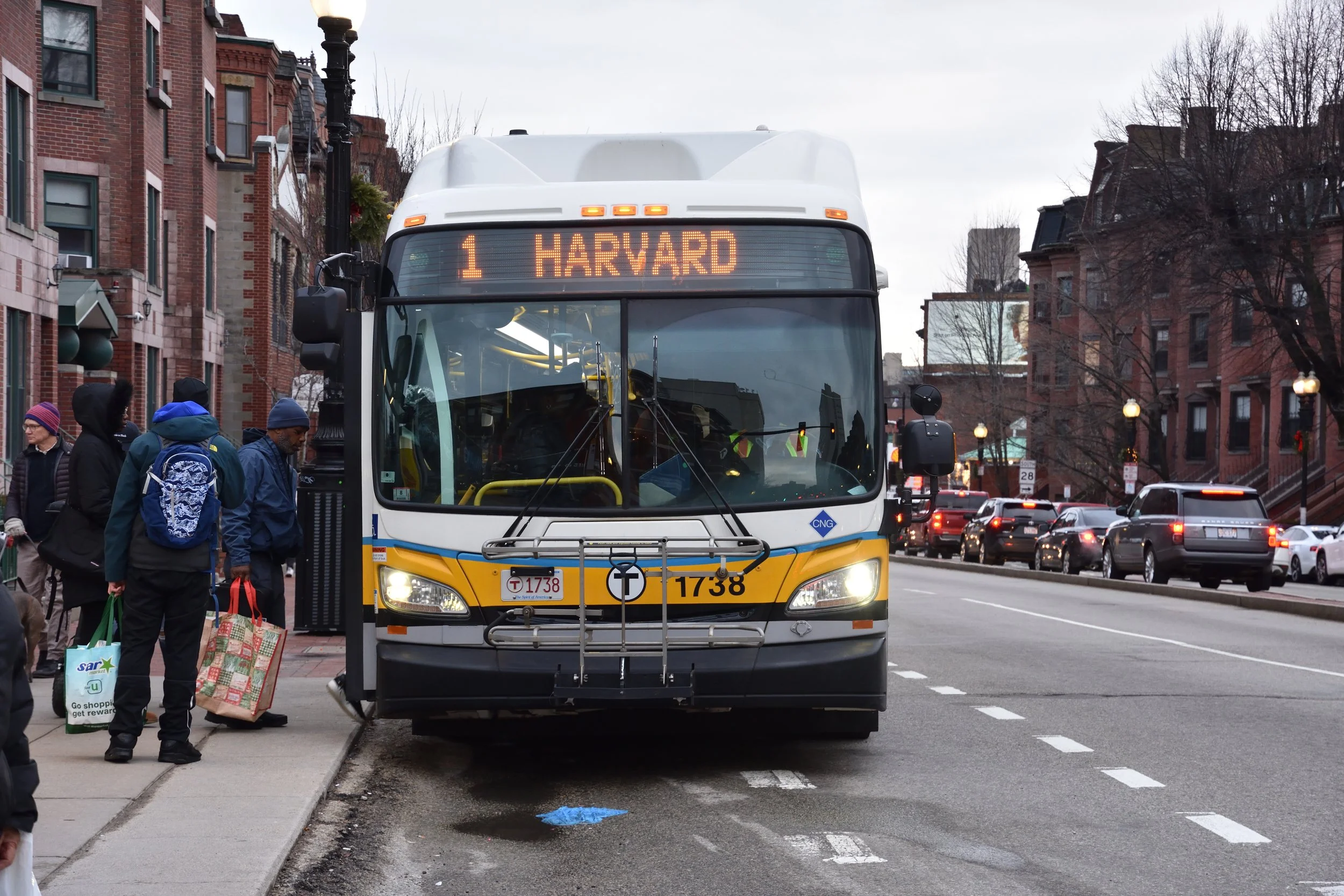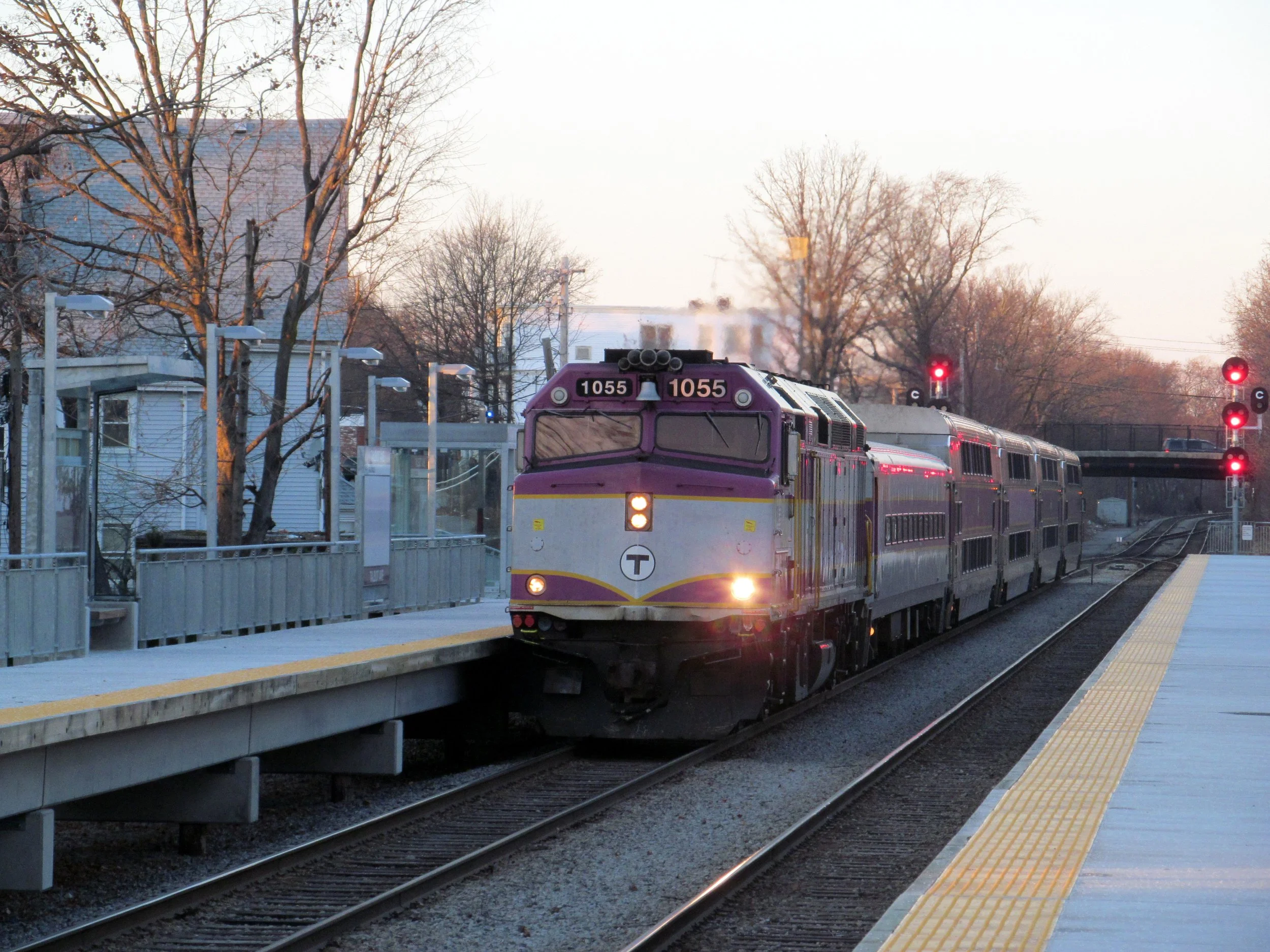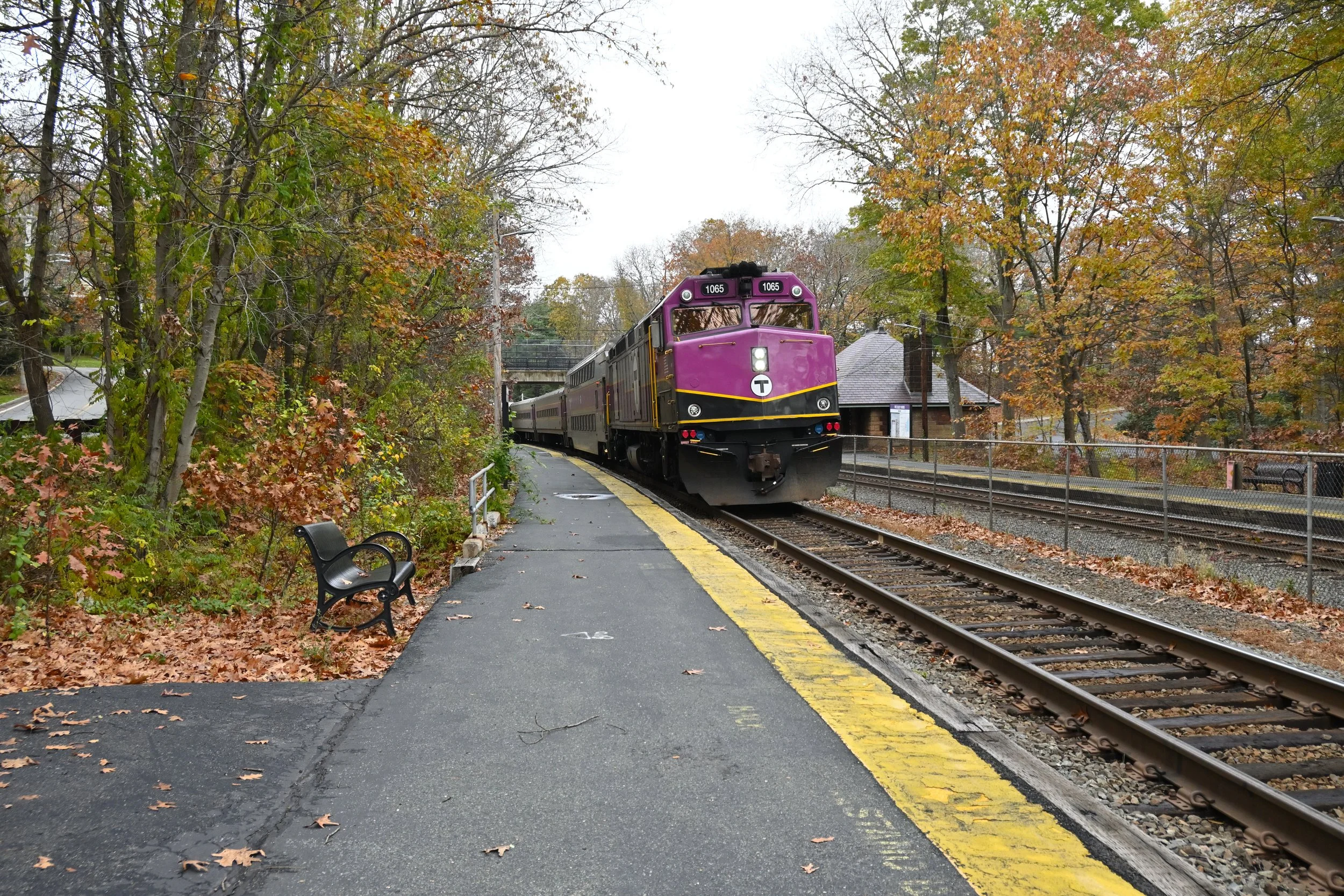We debate the recent MBTA report (PDF | Globe) commissioned by Governor Baker. Is it accurate? Are it's recommendations sound? What will happen now? Will we find new revenue sources and ways to improve transit, or will riders be forced to pay more for the same lousy service? These questions and many more from your trusted transit enthusiasts.
We'd love to hear what you think of the report. Did one of us get it completely wrong? Send us your questions, comments and ideas for topics or guests Or share your thoughts in the comments below.
The Transit Matters Podcast is your source for transportation news, analysis, interviews and more. We focus on sustainable transportation planning, operations and policies in Boston and beyond. Transit Matters is a joint project of local transit advocates Marc Ebuña, Jeremy Mendelson and Josh Fairchild.
Like this project? Share it around, tell your friends and colleagues, and subscribe to the RSS feed to be notified of new posts and episodes.
NOTE: Check your podcast feed. If you don't see this episode in there, please subscribe to the new feed. Simply paste that in iTunes (updated iTunes link coming) or another feed reader. Let us know if you still have trouble.
Looking for more transit content? Check out the redesigned Critical Transit with a full archive of past shows.






